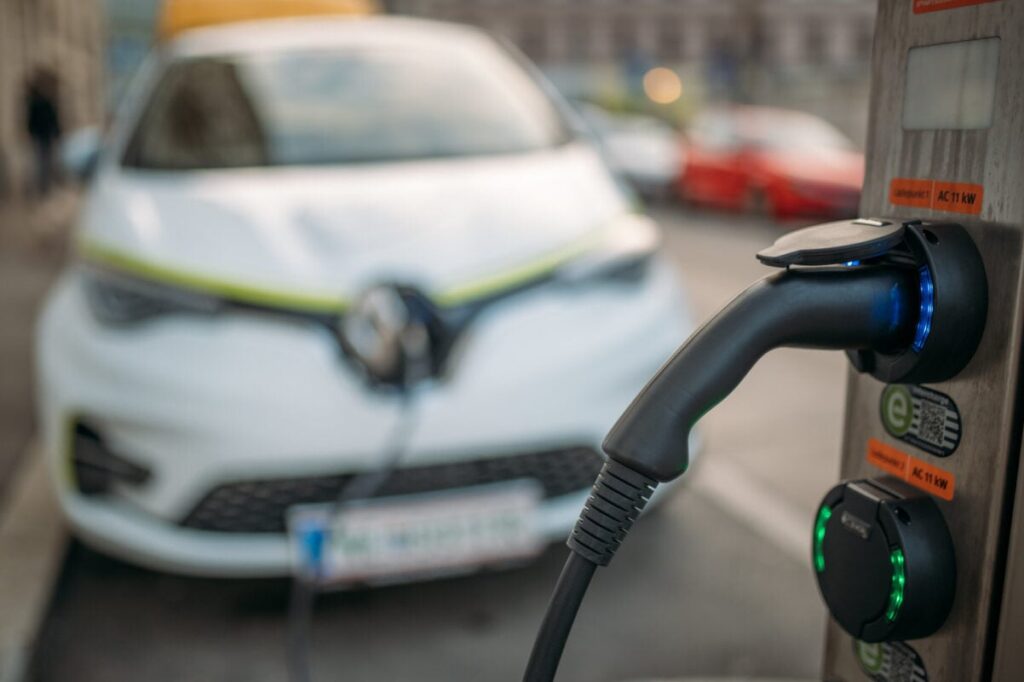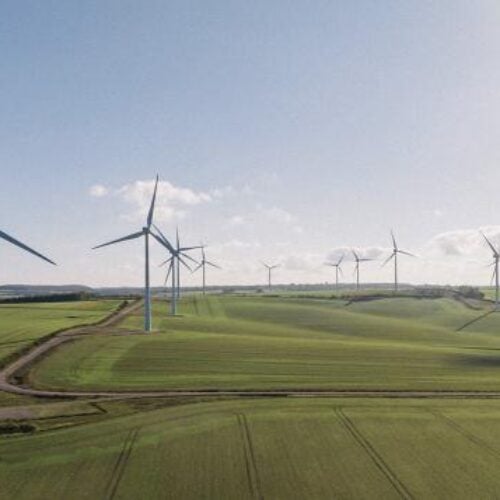The leeway for hybrid EVs in the government’s updated ZEV mandate could see families spend over £1,000 more a year on driving.
Analysis from the Energy and Climate Intelligence Unit (ECIU) released yesterday suggests changing the zero emission vehicle (ZEV) mandate has weakened the incentive for carmakers to lower the price of their EVs.
The changes that allow hybrid EVs to contribute to ZEV mandated targets until 2035, not banned alongside internal combustion engine (ICE) vehicles in 2030 as had been initially mandated, mean manufacturers could shift focus away from pure EV manufacturing.
The widespread price tag reduction for EVs ahead of the ZEV mandate announcement had been one of the reasons that car manufacturers had criticised the mandate, giving rise to the consultation at the very end of last year.
Government investment to assuage capital loss associated with this could arguably have solved the issue without enabling sales of hybrid vehicles for longer.
According to the ECIU, the UK’s best-selling hybrid EVs offer owners savings of £13 a year, compared to the petrol equivalent (same model with a different fuel type). Its analysis shows that a switch from petrol to the EV equivalent sees savings of £850 annually.
Plug-in hybrids are also a more costly option than a battery electric car, offering £117 savings annually compared to petrol. The same model of vehicle but powered by electricity only, would see savings of £1,050 on the petrol equivalent.
According to Colin Walker, head of transport at the ECIU: “While pitched as a response to the economic chaos of Trump’s tariffs, these changes could actually make things worse, costing UK consumers.”
One counterpoint was raised by the REA’s Matthew Adams, speaking to Current± in the wake of the announced changes. He argued that the global climate – that was to some degree framed as the reasoning behind the changed mandate – could put the UK in an advantageous position to get cheap electric cars to consumers.
He conceded this may not be ideal for domestic manufacturers, but for consumers, and in the absence of demand incentives, an influx of cheaper, Chinese-made EVs can only be positive.
The ECIU also noted that, as had been widely acknowledged in the EV and EV charging space, the previous terms of the ZEV mandate were met by manufacturers in 2024.
Energy security achievable as UK electricity increasingly homegrown
Separate analysis released by the ECIU to precede the UK government / International Energy Agency (IEA) energy security summit on 24-25 April has found that UK-based sources have increasingly powered the country’s electricity supply over the last decade.
The ECIU said the falling reliance on imported fuels for electricity generation is “largely” due to the rapid expansion of wind and solar power.
The figures it published show that in 2014, 65% of the energy used for UK electricity generation was dependent on foreign fuels, while in 2024 this reliance on net energy imports dropped to just under 50%.
This follows research it published in May last year that showed household dependence on foreign energy imports could drop by 80% by 2030. The ECIU reiterated in its latest research that deployment of more renewables will continue to improve the UK’s energy security even as electricity demand rises.
Head of analysis at the ECIU Dr Simon Cran-McGreehin said that the UK’s electricity becoming more reliant on domestic generation is “the net zero emissions target in action”.
He continued: “The regulator’s own figures show any new drilling for gas will make minor difference to output, so its renewables that will have to do the heavy lifting on energy security, protecting us from the geopolitics around energy.”






